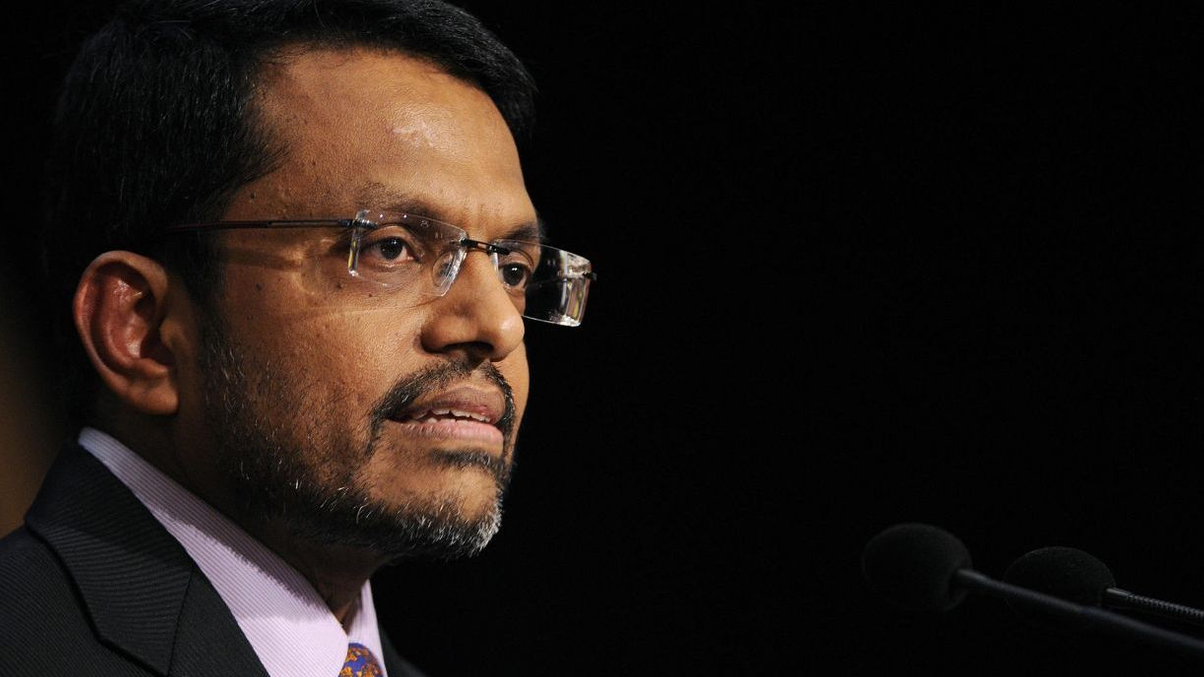MAS chief sounds warning on trade protectionism
The head of the Monetary Authority of Singapore, Ravi Menon, has voiced concerns about policy measures against free trade, particularly in the US.

To what extent will US president-elect Donald Trump follow up on his campaign promises to introduce greater trade protectionism? That is a big question for many investors in Asia – and for regulators too, it seems.
Sign in to read on!
Registered users get 2 free articles in 30 days.
Subscribers have full unlimited access to AsianInvestor
Not signed up? New users get 2 free articles per month, plus a 7-day unlimited free trial.
¬ Haymarket Media Limited. All rights reserved.


